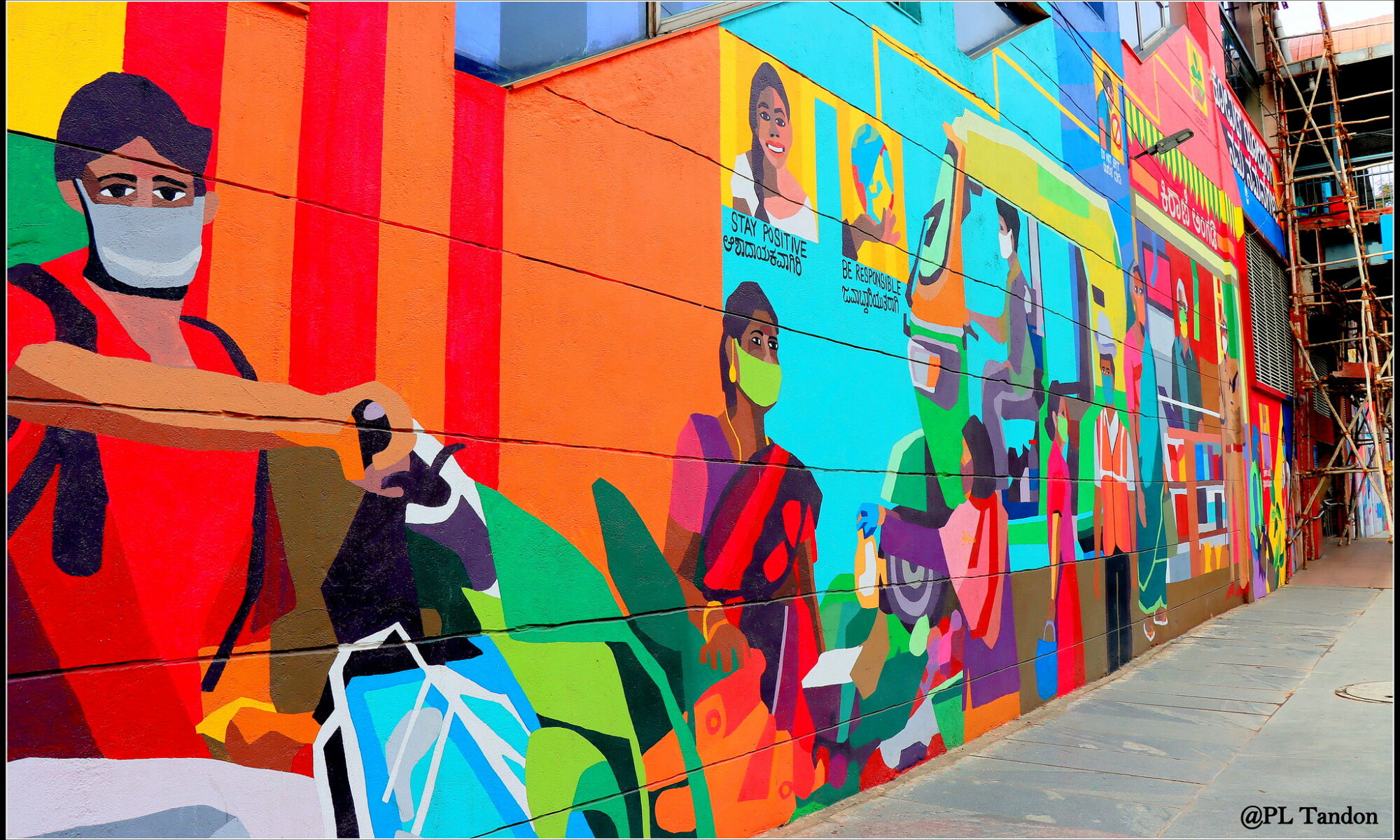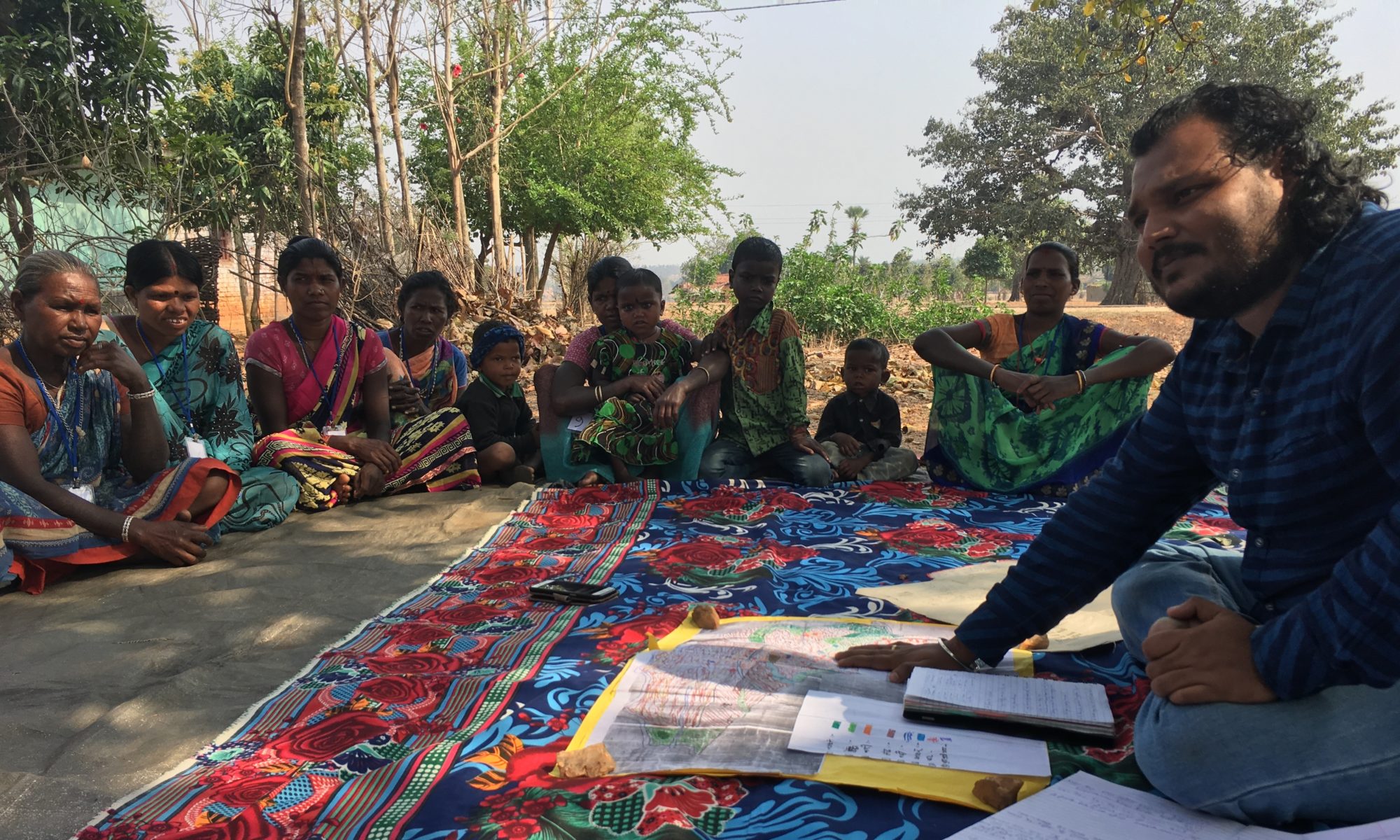By Johanna Vogel, Francisco Porras, Michael P. Schlaile, Veronica Hector, Christina Plesner Volkdal, Zhiqi Xu / New Rhythms of Development blog series
In times of rising inequalities, geopolitical shifts, and complex crises, transdisciplinary cooperation is needed more than ever to support the path of just transformations.
Although most people would agree that any deep structural transformation should take place in a just and equitable manner, the idea of “justice“ in transformations is deeply normative and involves conflicting worldviews, contested pathways, and different interests. Transformation for its part means changing structures, changing cultures, and changing practices. A culture of transformation is, among others, also constituted by values, which are supposed to give meaning to action.
Continue reading “The Normative Dimension of Transdisciplinary Cooperation”




